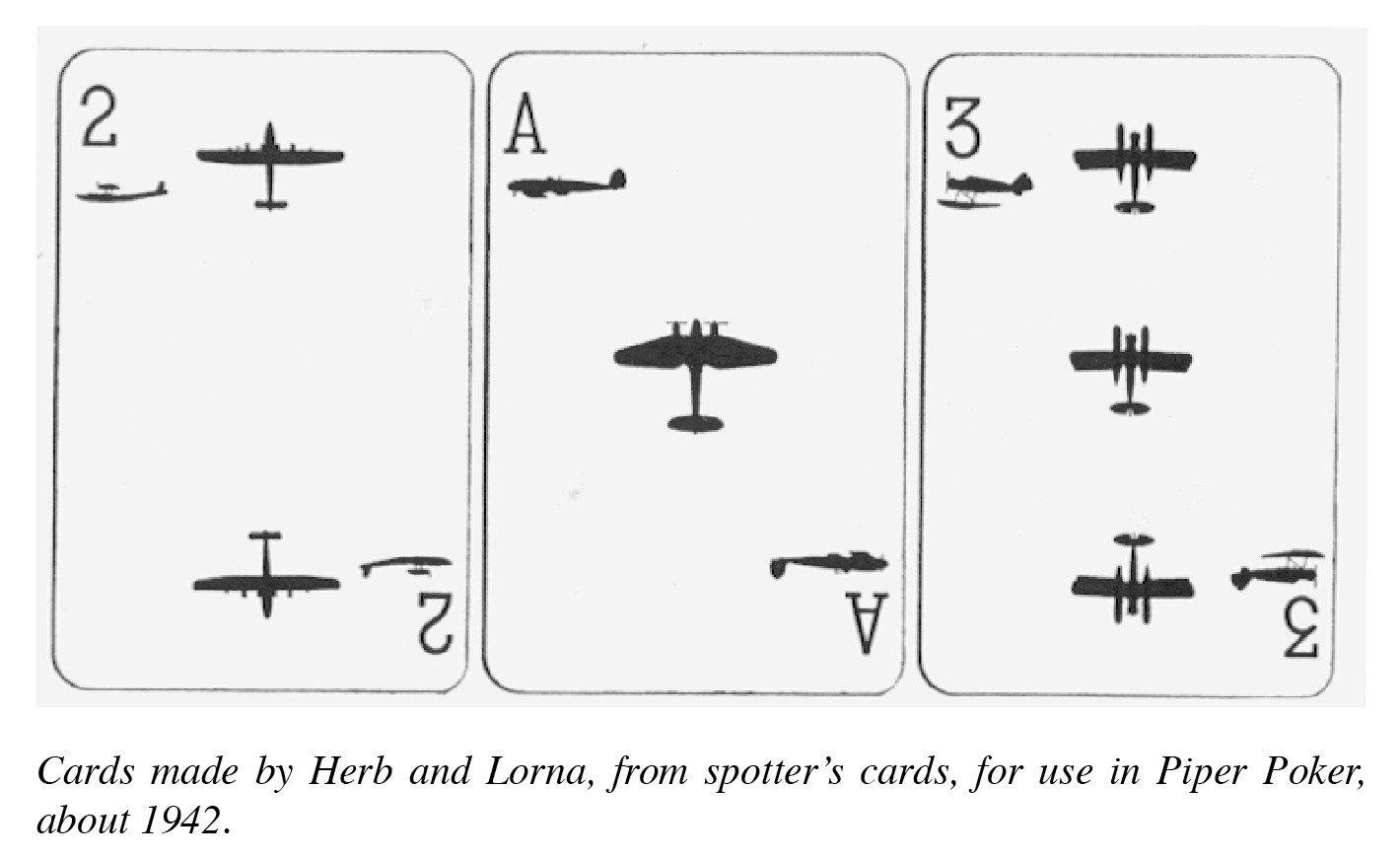IN DECEMBER, the Japanese attacked Pearl Harbor. Buster Leroy enlisted in the navy. Everyone tried to convince him that he could do his duty just as well in the Coast Guard, but among young men in Babbington and many another seacoast town, the Coast Guard was considered a refuge, easy duty. If you were willing to put yourself to the test, you joined the navy. Bert was no seaman. He had never liked being on the water. He joined the army. Their mother insisted that they spend their last night in Babbington at home, that this be a family evening, like Thanksgiving, and she made a Thanksgiving dinner for it. Ella was invited, of course, and she sat at the table between Buster and Bert. Buster pressed his knee against hers beneath the table, and she pressed back, but then she felt disloyal all of a sudden, and pressed her other knee against Bert’s, so that he wouldn’t feel that he would be entirely forgotten while he was away at war. She finished the meal in silent confusion.
The day Buster and Bert left, Ella began writing to them. She wrote at least two pairs of letters a day, one in the morning and one at night, and on days when there was anything of special note to report, she wrote a third pair or even a fourth. She filled her days with housework and cooking, since Lorna was working, and she did volunteer work for the USO, passing out doughnuts and coffee, and dancing with servicemen on leave. When the men asked her to go out with them, she would say she was engaged, and when they said that all the girls claimed to be engaged, she would show them her ring and a photograph of her and Buster. She would have to identify Buster as “the one on my right,” since the photo she carried with her was one in which Buster and Bert had made a seat for her by clasping their forearms and were swinging her toward the camera. But something had happened to alter her feelings for Buster and Bert. It may simply have been the act of choosing, or it may have been her projecting different feelings for them into the future. She came to think of Buster — or it might be more accurate to say that she made herself think of Buster — as the love of her life, as her husband, and she came to think of Bert — or made herself think of Bert — as just Buster’s brother. She continued to write to both of them, but she wrote Buster’s letters first, and all her effort went into them. Bert’s were just snips and snatches of news copied from Buster’s.
Herb began dismantling his half-finished projects so that he could turn the metal in as scrap. In a couple of months the cellar was clean, neat, uncluttered. There were no more pieces of Studebakers behind the garage, and the garage itself was empty enough to hold the car. Herb signed up as a spotter. He and the other spotters stood watches on the roof of the police station, keeping an eye out for German and Japanese planes. Each spotter was issued a packet of cards bearing the outlines of the various planes they needed to be able to recognize, including ours. Herb learned his in an evening. He sat down in the living room and studied them in the same methodical way he studied the cards he kept for potential Studebaker buyers. The other spotters weren’t nearly as quick. Herb wondered whether this was a national problem. Surely it must be. Once again, as he had in the First World War, Herb came through with a nice idea when his country was most in need of one. He reworked the cards into a semblance of a conventional deck and taught the other spotters to play poker with it. This spotter-training technique would, I’m certain, have caught on across the country and earned Herb the recognition he deserved for devising it if he had been able to fashion a congruent equivalent of the fifty-two-card, four-suit, thirteen-cards-per-suit deck, but the planes wouldn’t fit that structure, and the closest Herb was able to come was a deck with ninety-seven cards in eleven suits of unequal size, with different numbers of “face” cards in each. Learning the game took weeks, and the difficulties the game presented obscured the fact that its players quickly learned the various planes and the differences among them.
Developing this game, and working through the logical oddities that such a deck presented, provided a collaboration for Herb and Lorna that was much more engaging and pleasant than what they had found in animated charms. They played game after game in quiet hours at home, throughout the war, adjusting the rules to new circumstances that arose during play, learning to accommodate changes in the deck when one nation or another introduced a new plane or retired an old one. Lorna became the world’s best player of the game that came to be called (in, I’m sorry to have to say, the tone of voice — a kind of oral smirk — one uses when referring to a folly) “Piper Poker.”
In Topical Guide 350, Mark Dorset considers Historical Events, Actual: Attack on Pearl Harbor and Education: Techniques: Games and Flash Cards from this episode.
Have you missed an episode or two or several?
You can begin reading at the beginning or you can catch up by visiting the archiveor consulting the index to the Topical Guide.
You can listen to the episodes on the Personal History podcast. Begin at the beginning or scroll through the episodes to find what you’ve missed.
You can ensure that you never miss a future issue by getting a free subscription. (You can help support the work by choosing a paid subscription instead.)
At Apple Books you can download free eBooks of “My Mother Takes a Tumble,” “Do Clams Bite?,” “Life on the Bolotomy,” “The Static of the Spheres,” “The Fox and the Clam,” “The Girl with the White Fur Muff,” “Take the Long Way Home,” “Call Me Larry,” and “The Young Tars,” the nine novellas in Little Follies, and Little Follies itself, which will give you all the novellas in one handy package.
You’ll find overviews of the entire work in An Introduction to The Personal History, Adventures, Experiences & Observations of Peter Leroy (a pdf document) and at Encyclopedia.com.
The serialization of The Personal History, Adventures, Experiences & Observations of Peter Leroy is supported by its readers. I sometimes earn affiliate fees when you click through the affiliate links in a post. EK
The illustration in the banner that opens each episode is from an illustration by Stewart Rouse that first appeared on the cover of the August 1931 issue of Modern Mechanics and Inventions.
www.erickraft.com
www.babbingtonpress.com
1
SAVE
CROSS-POST














Share this post